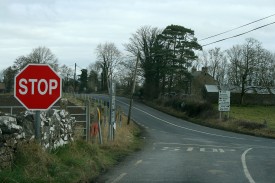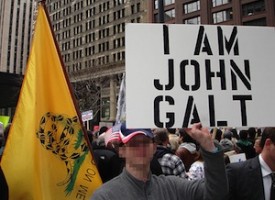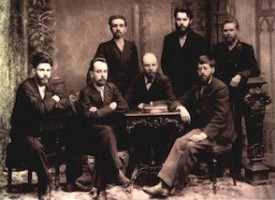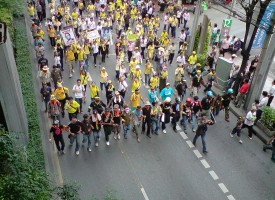Democracy is a form of government in which all eligible citizens have an equal say in the decisions that affect their lives, via voting. This may include mechanisms for the proposal, development, and creation of laws. Ideology Democracy claims to represent the will of the people (at most it can represent the will of the […]
Positive and Negative Liberty

Negative liberty is the absence of obstacles, barriers or constraints. One has negative liberty to the extent that actions are available to one in this negative sense. Positive liberty is the possibility of acting — or the fact of acting — in such a way as to take control of one’s life and realize one’s […]
Libertarianism

Libertarianism, in the strict sense, is the moral view that agents initially fully own themselves and have certain moral powers to acquire property rights in external things. Its main principle is that each agent has a right to maximum equal empirical negative liberty, where empirical negative liberty is the absence of forcible interference from other […]
Anarchism

Anarchism is generally defined as the political philosophy which holds the state to be undesirable, unnecessary, and harmful, or alternatively as opposing authority and hierarchical organization in the conduct of human relations. Proponents of anarchism, known as “anarchists”, advocate stateless societies based on non-hierarchical, voluntary associations. Anarchist schools of thought can differ fundamentally, supporting anything from […]
Communism

Communism (from Latin communis – common, universal) is a revolutionary socialist movement intended to create a classless, moneyless, and stateless social order structured upon common ownership of the means of production, as well as a social, political and economic ideology that aims at the establishment of this social order. This movement, in its Marxist-Leninist interpretations, significantly influenced the […]




